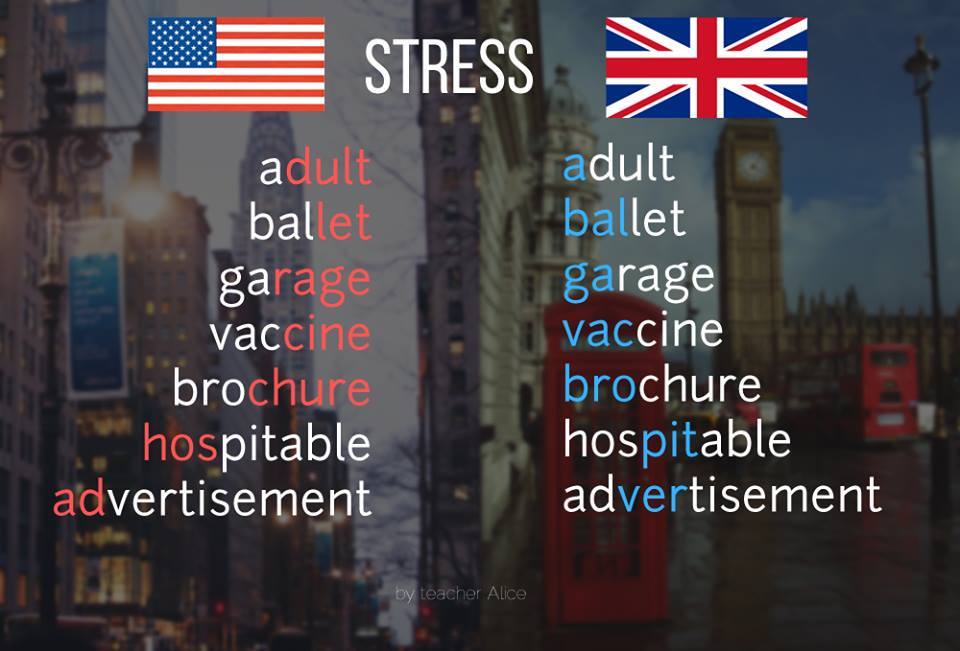1. Don't study grammar too much
This rule might sound strange to many ESL students, but it
is one of the most important rules. If you want to pass examinations, then
study grammar. However, if you want to become fluent in English, then you
should try to learn English without studying the grammar.
Studying grammar will only slow you down and confuse you.
You will think about the rules when creating sentences instead of naturally
saying a sentence like a native. Remember that only a small fraction of English
speakers know more than 20% of all the grammar rules. Many ESL students know
more grammar than native speakers. I can confidently say this with experience.
I am a native English speaker, majored in English Literature, and have been
teaching English for more than 10 years. However, many of my students know more
details about English grammar than I do. I can easily look up the definition
and apply it, but I don't know it off the top of my head.
I often ask my native English friends some grammar
questions, and only a few of them know the correct answer. However, they are
fluent in English and can read, speak, listen, and communicate effectively.
Do you want to be able to recite the definition of a
causative verb, or do you want to be able to speak English fluently?
2. Learn and study phrases
Many students learn vocabulary and try to put many words
together to create a proper sentence. It amazes me how many words some of my
students know, but they cannot create a proper sentence. The reason is because
they didn't study phrases. When children learn a language, they learn both
words and phrases together. Likewise, you need to study and learn phrases.
If you know 1000 words, you might not be able to say one
correct sentence. But if you know 1 phrase, you can make hundreds of correct
sentences. If you know 100 phrases, you will be surprised at how many correct
sentences you will be able to say. Finally, when you know only a 1000 phrases,
you will be almost a fluent English speaker.
The English Speaking Basics section is a great example of
making numerous sentences with a single phrase. So don't spend hours and hours
learning many different words. Use that time to study phrases instead and you
will be closer to English fluency.
Don't translate
When you want to create an English sentence, do not
translate the words from your Mother tongue. The order of words is probably
completely different and you will be both slow and incorrect by doing this.
Instead, learn phrases and sentences so you don't have to think about the words
you are saying. It should be automatic.
Another problem with translating is that you will be trying
to incorporate grammar rules that you have learned. Translating and thinking
about the grammar to create English sentences is incorrect and should be
avoided.
3. Reading and Listening is NOT enough. Practice Speaking
what you hear!
Reading, listening, and speaking are the most important
aspects of any language. The same is true for English. However, speaking is the
only requirement to be fluent. It is normal for babies and children to learn
speaking first, become fluent, then start reading, then writing. So the natural
order is listening, speaking, reading, then writing.
First Problem
Isn't it strange that schools across the world teach reading
first, then writing, then listening, and finally speaking? Although it is
different, the main reason is because when you learn a second language, you
need to read material to understand and learn it. So even though the natural
order is listening, speaking, reading, then writing, the order for ESL students
is reading, listening, speaking, then writing.
Second Problem
The reason many people can read and listen is because that's
all they practice. But in order to speak English fluently, you need to practice
speaking. Don't stop at the listening portion, and when you study, don't just
listen. Speak out loud the material you are listening to and practice what you
hear. Practice speaking out loud until your mouth and brain can do it without
any effort. By doing so, you will be able to speak English fluently.
4. Submerge yourself
Being able to speak a language is not related to how smart
you are. Anyone can learn how to speak any language. This is a proven fact by
everyone in the world. Everyone can speak at least one language. Whether you
are intelligent, or lacking some brain power, you are able to speak one
language.
This was achieved by being around that language at all
times. In your country, you hear and speak your language constantly. You will
notice that many people who are good English speakers are the ones who studied
in an English speaking school. They can speak English not because they went to
an English speaking school, but because they had an environment where they can
be around English speaking people constantly.
There are also some people who study abroad and learn very
little. That is because they went to an English speaking school, but found
friends from their own country and didn't practice English.
You don't have to go anywhere to become a fluent English
speaker. You only need to surround yourself with English. You can do this by
making rules with your existing friends that you will only speak English. You
can also carry around an iPod and constantly listen to English sentences. As
you can see, you can achieve results by changing what your surroundings are.
Submerge yourself in English and you will learn several times faster.
5. Study correct material
A common phrase that is incorrect is, "Practice makes
perfect." This is far from the truth. Practice only makes what you are
practicing permanent. If you practice the incorrect sentence, you will have
perfected saying the sentence incorrectly. Therefore, it is important that you
study material that is commonly used by most people.
Another problem I see is that many students study the news.
However, the language they speak is more formal and the content they use is
more political and not used in regular life. It is important to understand what
they are saying, but this is more of an advanced lesson that should be studied
after learning the fundamental basics of English.
Studying English with a friend who is not a native English
speaker is both good and bad. You should be aware of the pros and cons of
speaking with a non native speaking friend. Practicing with a non native person
will give you practice. You can also motivate each other and point out basic
mistakes. But you might pick up bad habits from one another if you are not sure
about what are correct and incorrect sentences. So use these practice times as
a time period to practice the correct material you studied. Not to learn how to
say a sentence.
In short, study English material that you can trust, that is
commonly used, and that is correct.






